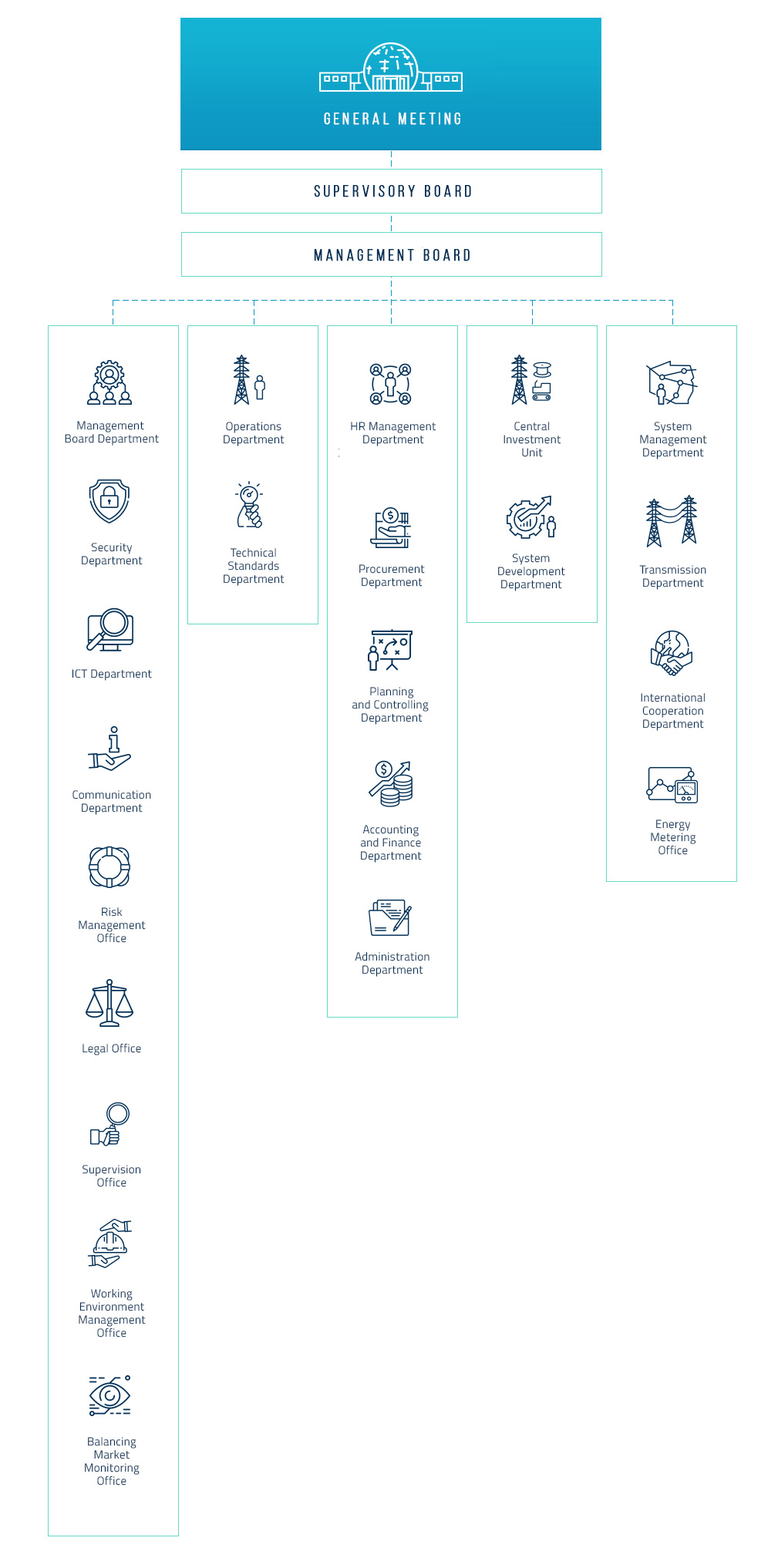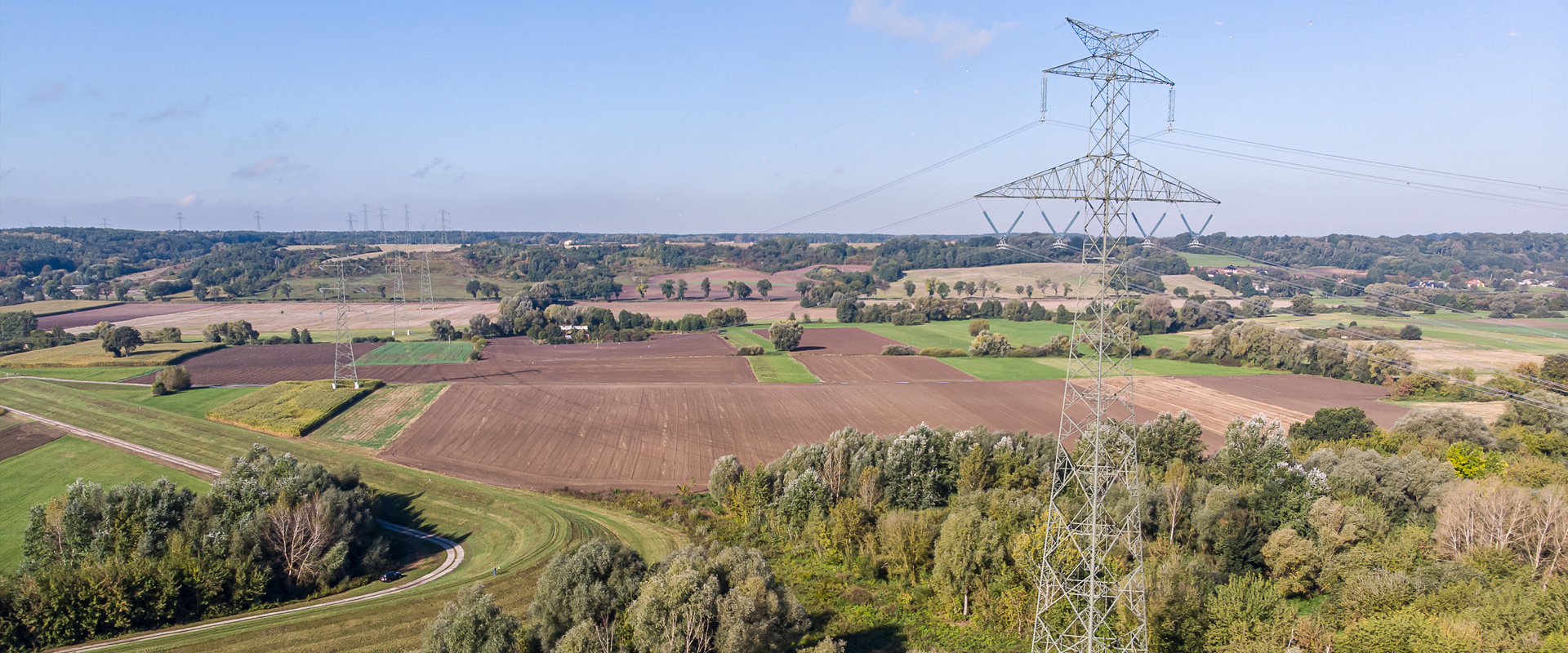Our anti-corruption activities
At PSE, our anti-corruption system relies on a set of detailed internal regulations such as the Compliance Policy, which governs anti-corruption issues within the company, conflict of interest, and the Gift Policy, as well as the Corruption and Fraud Risk Counteracting Manual, which governs a system of responding to corruption incidents in the company.
GRI 103-2
As part of anti-corruption activities at PSE:
- The Corruption and Fraud Risk Counteracting Manual has been implemented, which presents clear and transparent rules of procedure to be followed in the event of the risk of corruption, fraud or potential conflict of interest. The document is an element of the company’s business security and it is intended to ensure comfort for employees in increased risk situations,
- The Management Board verifies the effectiveness of the anti-corruption system in place at the company on an ongoing basis,
- The Management Board has set up the position of the Management Board’s Representative for Anti-corruption within the organisational structure, based at the Security Department,
- Issues related to the risk of conflict of interest have been regulated.
As part of anti-corruption measures, our company provides cyclic anti-corruption training to PSE employees. In 2019, five corruption prevention training events were held in our organisation. Four of them were dedicated to employees performing capacity auctions and one to managers and personnel involved in the strategic project Programme 9 – Harmony Link HVDC Interconnection between Poland and Lithuania.
Anti-corruption and fraud prevention training is also a permanent feature of the Compass for Start training provided to PSE’s new employees. Such training was completed by 100 percent of PSE’s new hires in 2019. The participants were acquainted with the ways of handling corruption issues, mainly the ways of reporting such issues faced in performing their responsibilities.
In addition, the company:
- analyses specific business areas in order to diagnose and counteract potential corruption threats,
- publishes educational and legal information for PSE employees on its intranet pages,
- monitors corruption threats and regulatory changes in the field of counteracting corruption crime.




